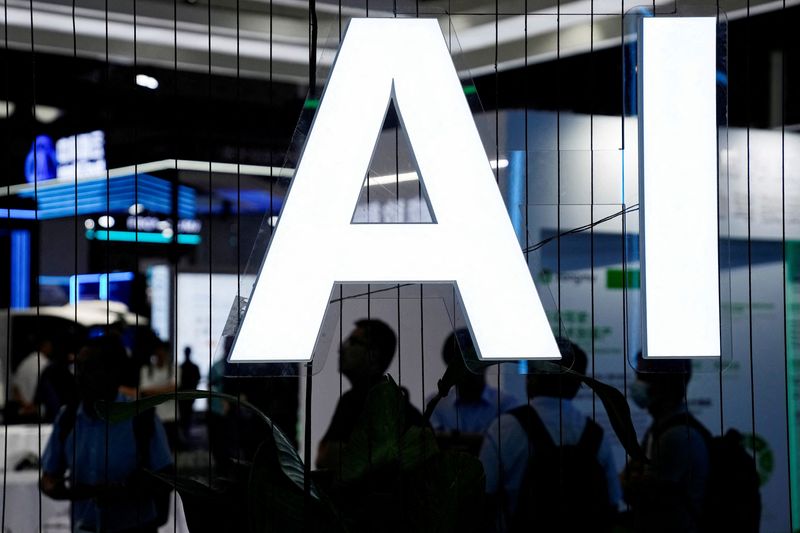CEOs Believe AI Won't Harm the Workforce
The results of KPMG's 2024 "Global CEO Outlook" survey revealed that CEOs maintain a positive outlook on the impact of artificial intelligence on the workforce. Despite concerns about layoffs, a significant portion of CEOs believes that AI will not reduce the number of employees. 76% of the participating CEOs argue that there will be no job losses due to AI in the next three years.
Additionally, CEOs are addressing the issue of returning to pre-pandemic work arrangements. According to the survey, as CEOs get older, they tend to adopt a stricter stance on returning to the office. Among CEOs aged 40-49, 75% support the return to the office, while 83% of those aged 50-59 and 87% of those aged 60-69 express similar support. Examined by gender, 84% of male CEOs support a full return to the office, compared to 78% of female CEOs.
CEOs are losing confidence in the global economy The research shows that CEOs' confidence in the global economy has decreased. In 2015, 93% expressed confidence, while this figure has dropped to 72% in 2024. CEOs note that the factors threatening economic growth have increased. Supply chain disruptions and operational issues rank among the top concerns for CEOs, while cybersecurity and geopolitical uncertainties are no longer seen as priorities.
In the next three years, participating CEOs prioritize advancing digitalization across their businesses, implementing productive AI applications, and conducting ESG (Environmental, Social, Governance) initiatives. Murat Alsan, Country President of KPMG Turkey, emphasizes the importance of investing in the right technology and talent during these processes, highlighting that CEOs have the potential to ensure sustainable growth by adapting to challenges.
Stability in AI investments continues Despite economic uncertainties, 64% of participating CEOs plan to invest in artificial intelligence. AI is believed to possess great potential for increasing efficiency, preparing the workforce for the future, and supporting corporate innovation. However, 61% of CEOs point out that the ethical challenges inherent in AI applications need to be addressed.
Despite this positive outlook, CEOs express that employees are not sufficiently benefiting from AI. It is believed that only 38% of current employees possess the necessary skills to fully leverage the benefits of AI. Furthermore, 58% of CEOs acknowledge that productive AI is changing the talent needs for entry-level positions.
Environmental risks are gaining more attention from CEOs The research indicates that environmental risks have gained higher priority on CEOs' agendas. Compared to ten years ago, CEOs emphasize that failing to meet ESG expectations could disadvantage them against competitors. 68% of CEOs state that they may take a stance on a politically or socially controversial issue despite potential concerns from the board.
When examined by age groups, younger CEOs appear more self-assured in this regard. 43% of leaders aged 40-49 express confidence in addressing ESG-related inquiries, while this figure drops to 33% among those aged 50-59 and 30% among those aged 60-69, indicating that younger leaders are adopting a more proactive approach to environmental issues.


